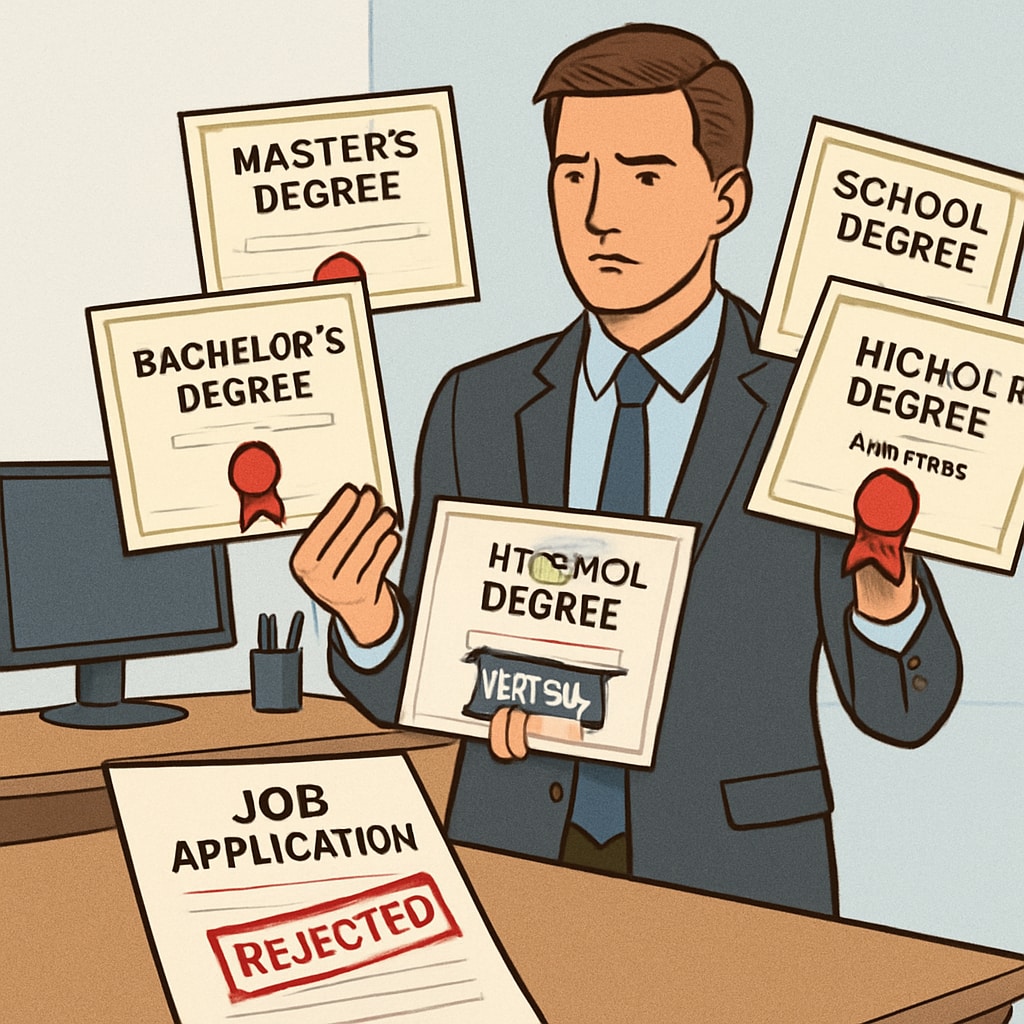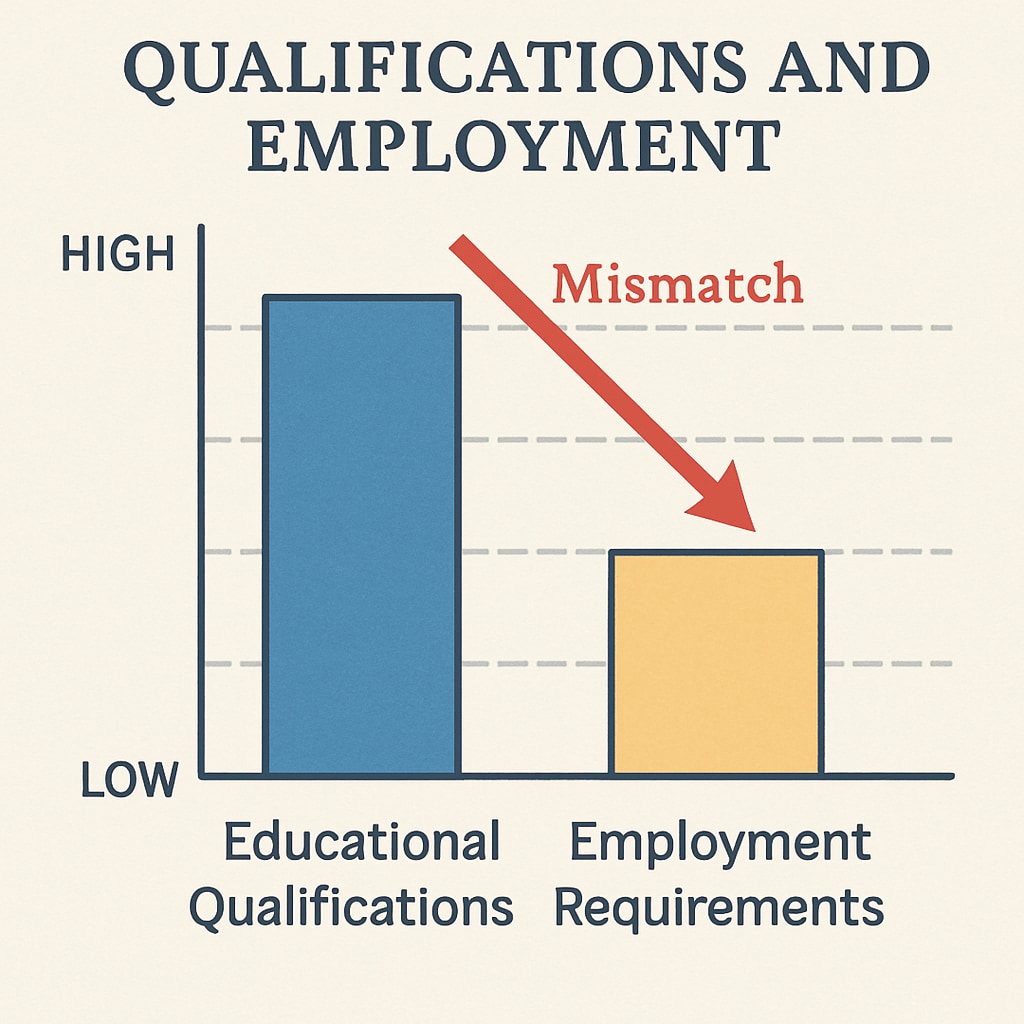The employment landscape in Arizona has revealed a curious contradiction, where “education qualifications” are applied in ways that defy logic. Under current state government hiring policies, job candidates with advanced college degrees can be disqualified for lacking high school diplomas. This paradox raises questions about employment discrimination and the broader implications of rigid educational evaluation systems. How did we arrive at a point where higher education is deemed insufficient, and what does this say about the value we assign to K-12 education?
The Policy Behind the Paradox
Arizona’s employment requirements exemplify the rigidity of bureaucratic systems. Despite candidates demonstrating advanced skills, professional expertise, and years of academic achievement, the absence of a high school diploma is treated as a disqualifying factor. This policy fails to accommodate the diverse paths individuals take in their educational journey. For example, some may skip high school and transition directly into higher education institutions, earning degrees that surpass high school-level qualifications. Yet, such candidates face rejection due to outdated hiring standards.

Implications of Education Qualification Mismatches
The prioritization of high school diplomas over advanced degrees in Arizona’s hiring policy has profound implications. First, it undermines the credibility of higher education, suggesting that a foundational K-12 qualification carries more weight than years of specialized study. Second, it perpetuates employment discrimination, excluding skilled individuals based on arbitrary standards rather than merit. As a result, organizations may lose access to talent capable of driving innovation and growth.
Furthermore, this policy could inadvertently devalue the importance of lifelong learning and adaptability. Higher education institutions are designed to equip students with critical thinking skills, specialized knowledge, and the ability to solve complex problems. Dismissing these attributes in favor of a minimum qualification like a high school diploma sets a dangerous precedent for other hiring practices.
Rethinking Educational Evaluation Systems
Arizona’s policy invites a broader reflection on how education is evaluated in the job market. The reliance on fixed qualification hierarchies—where diplomas and degrees are treated as mandatory checkboxes—fails to account for individual competencies. Instead, employers should consider alternative methods, such as skill-based assessments and performance histories, to properly evaluate candidates. Such systems would not only reduce employment discrimination but also promote inclusivity and diversity in hiring.
Additionally, the policy highlights an urgent need to revisit the societal value assigned to K-12 education. While foundational schooling is important, it should not serve as a barrier to opportunities for those who have pursued higher education or unconventional learning paths. A rebalanced education evaluation system would recognize both formal and informal learning experiences.

Conclusion: Bridging the Gap Between Policy and Reality
Arizona’s government hiring policy underscores the importance of aligning employment standards with contemporary educational realities. By prioritizing high school diplomas over college degrees, the policy inadvertently penalizes skilled individuals and perpetuates an outdated evaluation system. To foster a fair and inclusive job market, policymakers must rethink rigid educational qualifications and embrace more nuanced approaches to candidate evaluation.
As a result, addressing these employment discrepancies offers an opportunity for states like Arizona to lead by example in modernizing hiring practices. The ultimate goal should be to recognize diverse educational backgrounds, value lifelong learning, and create a system that rewards merit above arbitrary credentials.
Readability guidance: This article uses short paragraphs, clear headings, and balanced sentence structures to ensure accessibility. Lists and examples are provided to enhance comprehension, while overuse of technical jargon is avoided.


